A Wonderful Trip to Asturias
Hello everyone! In my previous post, I shared our visit to the beautiful city of Burgos. From there, we headed toward the province of Asturias. If I had to choose one color to describe this place, it would definitely be green. It's a true paradise on the shores of the Bay of Biscay, with magnificent mountains, picturesque beaches, timeless trees, and many other natural beauties. If you ever get a chance to visit, I'm sure you'll fall in love with this part of Spain.
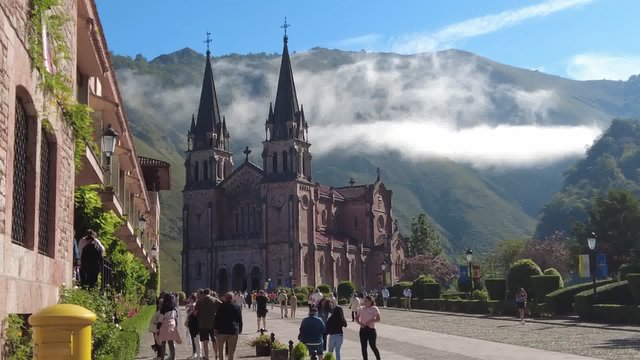
We entered Asturias through the Negron Tunnel, which has a bad reputation due to the thick fog. We were quite cautious and focused as we went through it. There were warnings about the fog and we had to reduce our speed. Once we passed through the tunnel, we entered Asturias, where the air was noticeably foggy.

Our first stop was Gijon, a city with a history dating back to the Roman Empire. It was once home to one of the country's largest ports and is now the industrial and tourist capital of the region.
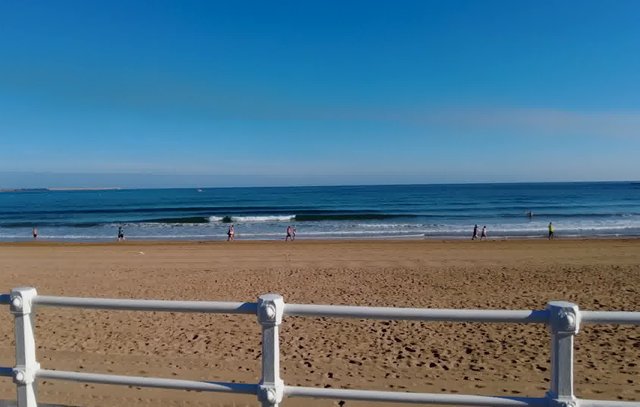
The beach was quite lively in the morning. Older people come here to exercise. Thanks to its location on the shores of the Cantabrian Sea, Gijon is known for its beautiful beaches.
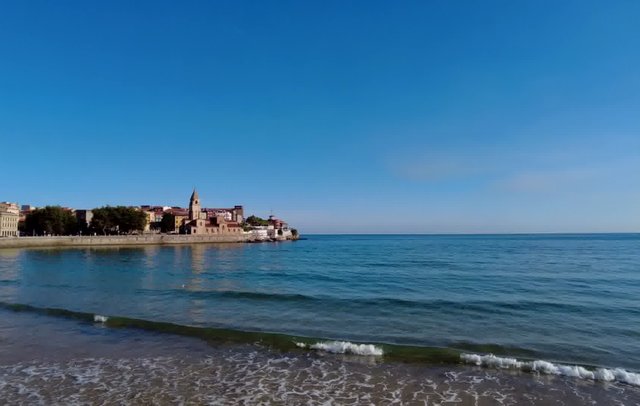
One of the most beautiful is San Lorenzo Beach, which has a three-kilometer boardwalk that ends at the San Pedro Church. This church was built between 1945 and 1955. Unfortunately, the 15th-century building that once stood on the same site was destroyed during the Spanish Civil War.
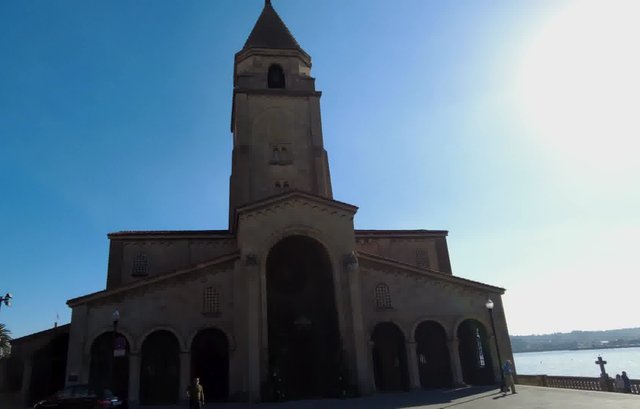
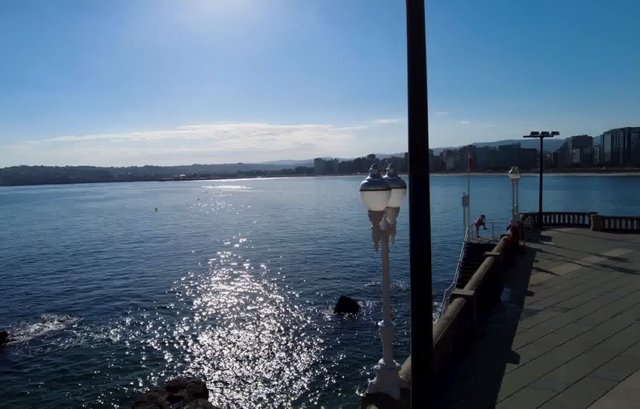
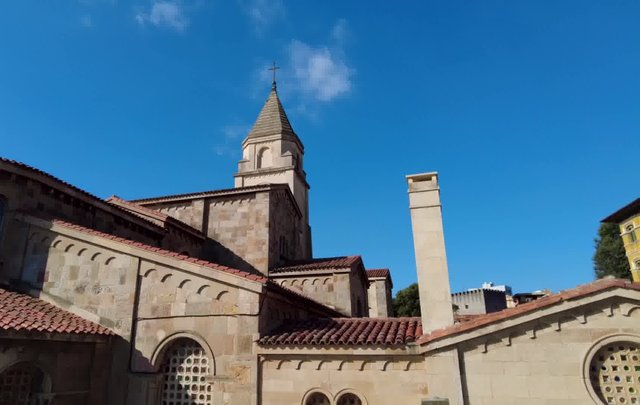
Our next stop was a massive sculpture called "Eulogy to the Horizon." It's said that you can hear the sound of the ocean waves from within the sculpture, and it's true! The artist is known for blending nature with art, and when you stand at the center of the sculpture and look toward the sea, you can hear the waves crashing against the rocks.
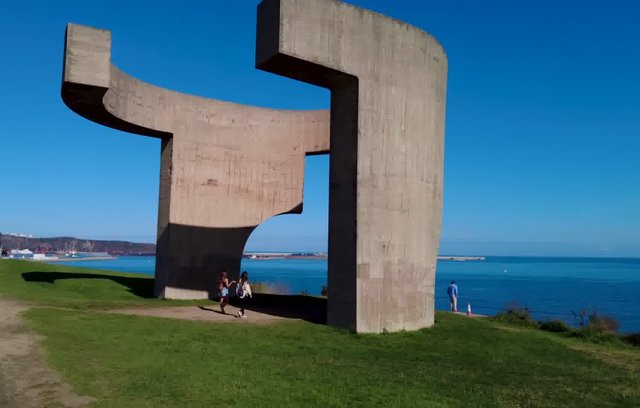
Our following destination was Lastres, considered one of the most beautiful villages in Spain. We had a traditional Asturian meal, fabada, which is a bean stew, and tried the region's famous cider, Asturias cider. After lunch, we explored some nearly deserted beaches along the coast.
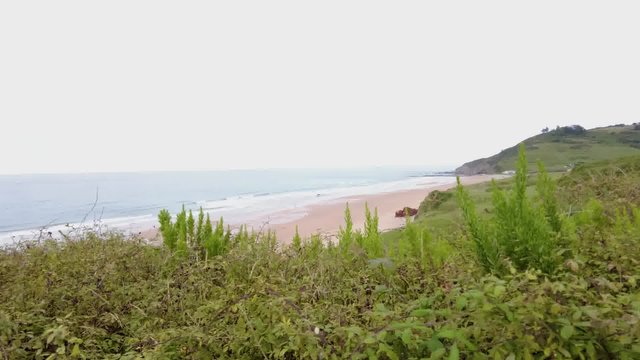
Our tour guide didn't want us to reveal the names of these beaches to keep them a secret, but here's a little hint: this beach is near the town of Ribadesella.
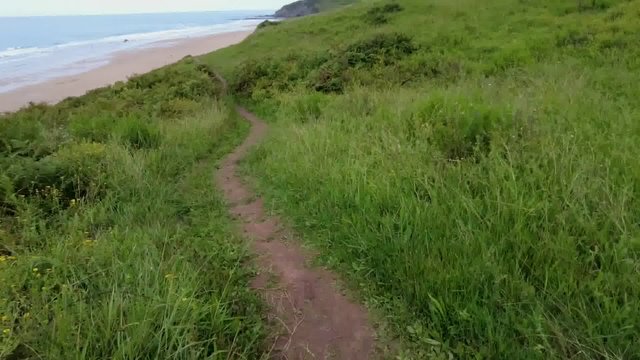
The next day, we continued our exciting tour of Spain and reached Cangas de Onis. This is a city that became the first capital of Spain in 722.
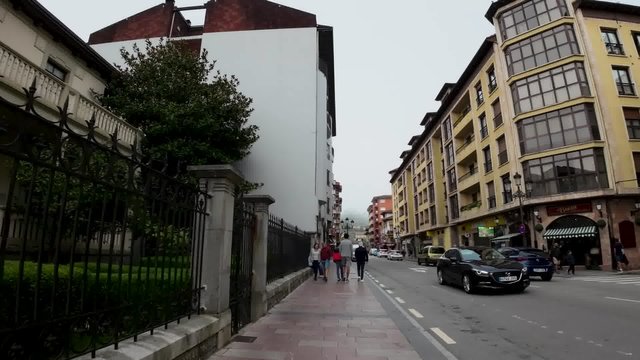
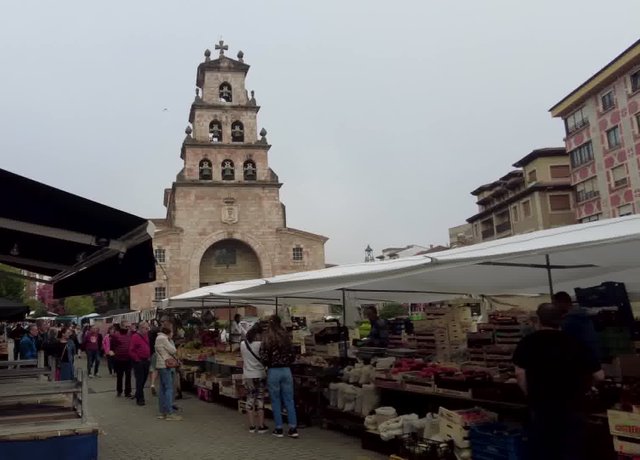
When we arrived at the central square, we saw the weekly market, where various local products were sold.
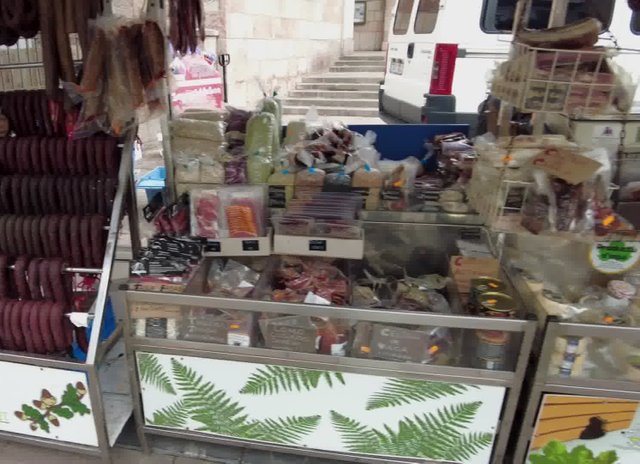
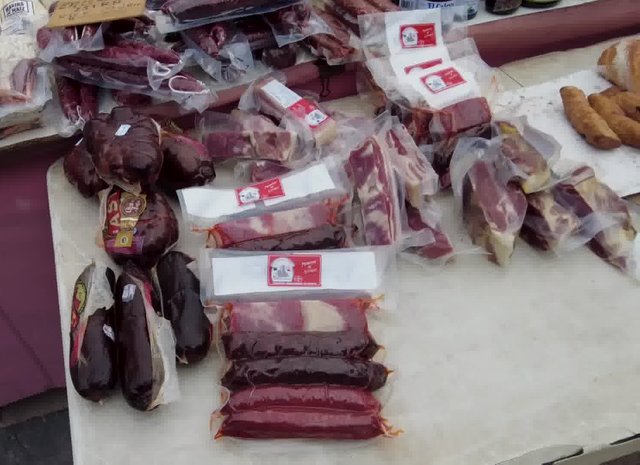
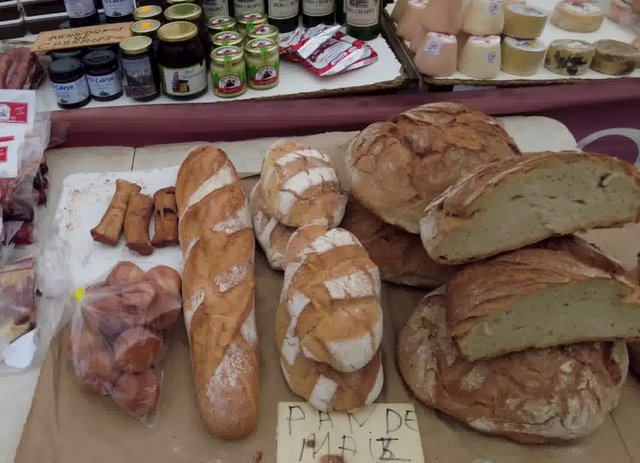
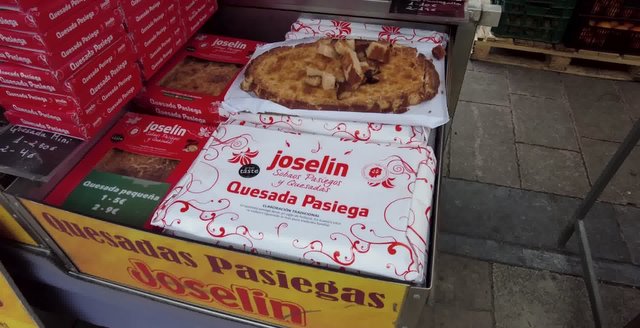
Around the market area, there were panels with quotes from historical figures talking about the market. One of them was a quote by Ambrosio Morales, written for Philip II in 1572. We also found a Roman-era bridge. On the bridge, there's a copy of the Cross of Pelayu, which is a symbol of Asturias. However, the original is displayed in a museum because it's too easily stolen if left outside.
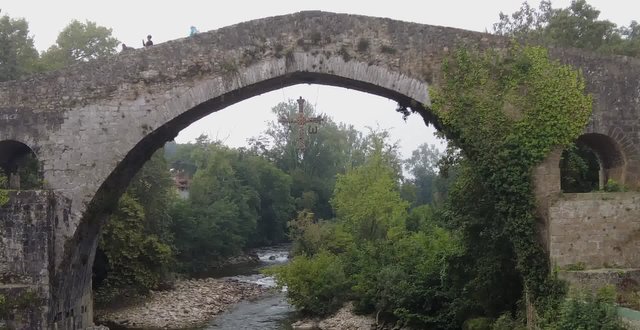
As we were finishing our visit, our guide mentioned that salmon fishing is popular in this river. The sign on the bridge states that the last time it was repaired was in 1876. Who would have thought! There's also a monument commemorating the Battle of Covadonga, where the Muslims were defeated, leading to the founding of the Kingdom of Asturias, which later became Spain's first capital.
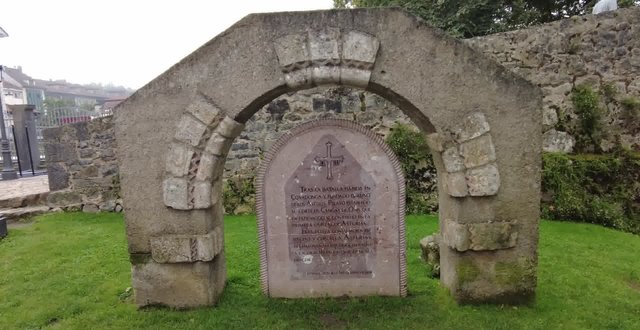
We continued our journey, and the next stop was one of the most interesting places throughout the whole trip. We visited the Basilica of the Holy Virgin Mary in Covadonga. The scenery was incredible, with mountains covered in fog. It was almost like heaven.
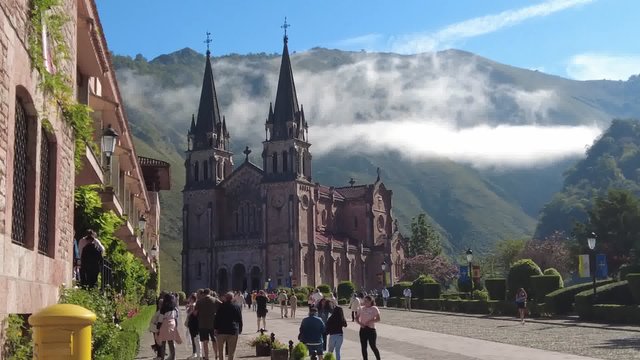
This site has significant religious importance. Many sick people come here to seek healing from the Virgin Mary. There's a statue of Pelayo, who reclaimed Spain from the Muslims. According to legend, the Virgin Mary appeared to him in a cave, giving him the courage to win the battle.
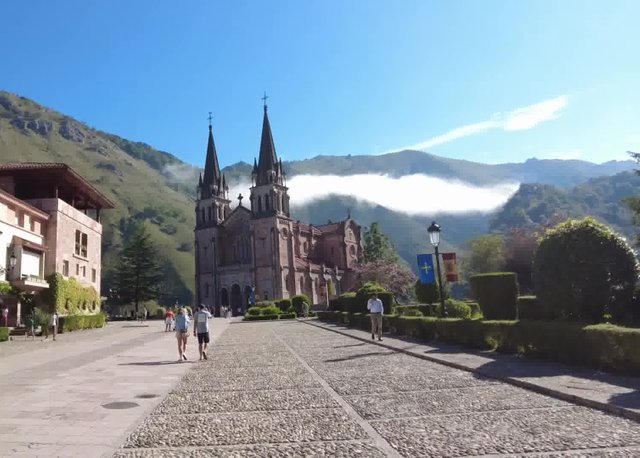
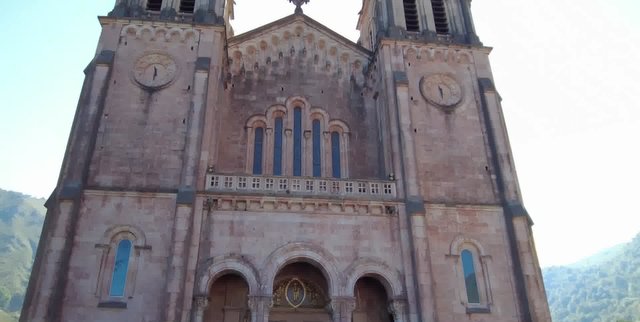
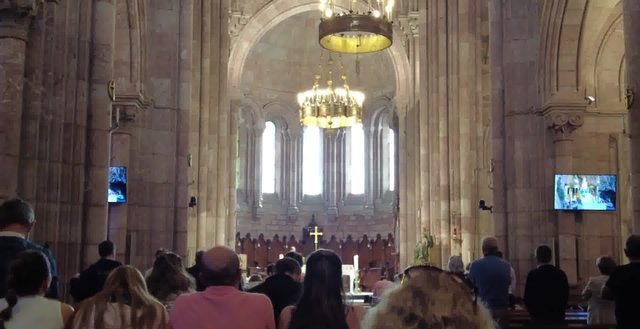
We saw Pelayo's tomb in the cave and the place where the Virgin Mary appeared to him. Pelayo's bravery in this critical battle changed Spain's destiny. This battle is considered the beginning of the Reconquista, and many historians agree that it started on May 28, 722, though some disagree because most of the Iberian Peninsula remained under Muslim control for many years after.
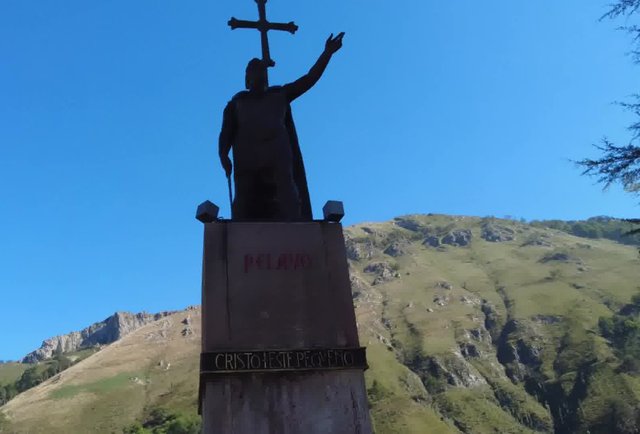
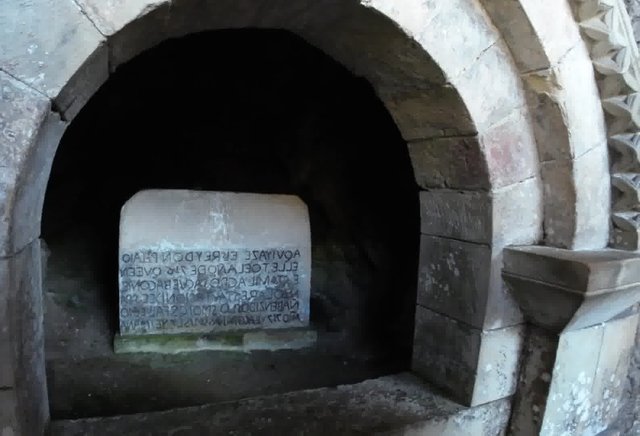
Our next stop was to have lunch at a restaurant called Vista Alegre. It claims to make the best fabada in the world. The restaurant was quite cozy, located right across from the beach. The view was fantastic. The fabada was delicious.
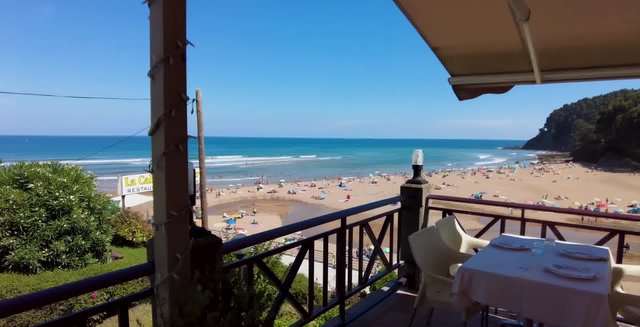
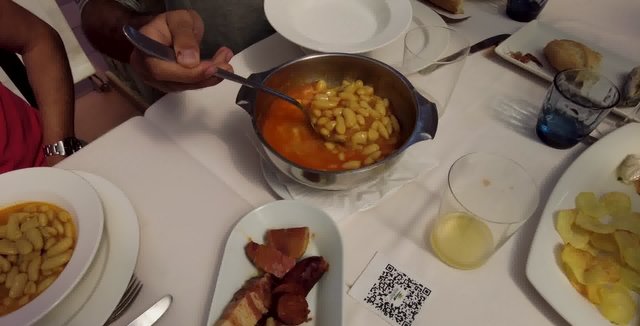
Afterward, we went to the Fito viewpoint, and it's a fantastic place because you can see the sea on one side and the peaks of Europe on the other. We reached the top, where the famous cyclist Indurain reportedly ended his career. He became too exhausted during the climb and decided to quit, retiring afterward.
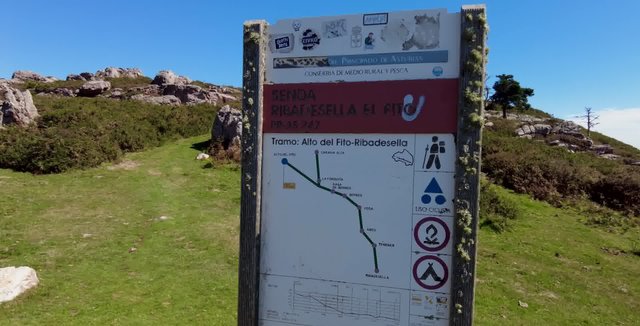
For those who enjoy hiking, there's a trail from Ribadesella to the viewpoint. There were many cows at the top, and I stepped in cow dung twice. I hope it's a sign of good luck!
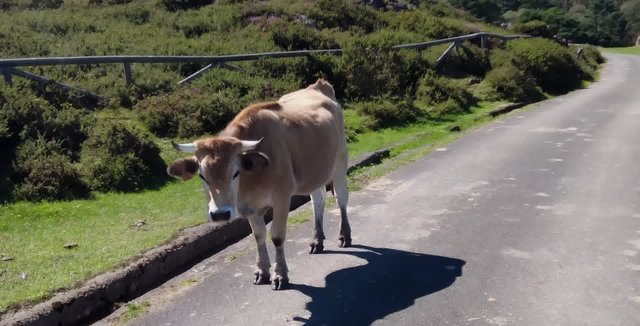
Finally, our last stop in Asturias was the Michelin-starred restaurant El Corral de Indianu. This was, in my opinion, the best restaurant we visited during our tour of Spain. We asked the chef how the restaurant came about and why it was called "Indian Farm." The chef explained that they opened in June 1996 and had a much smaller restaurant 50 meters away. As business went well, they decided to expand and moved to this lovely building, which was once a pharmacy but had been closed for ten years. The name "Indian Farm" comes from the term used for people who went to America after Columbus' discovery in 1492 and became wealthy. The architecture is inspired by that era, and their building is the simplest among the Indian-style houses.
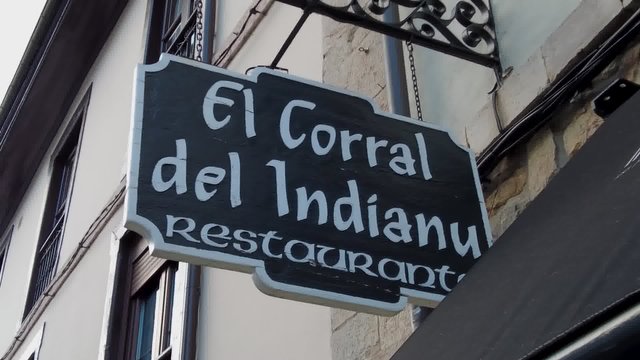
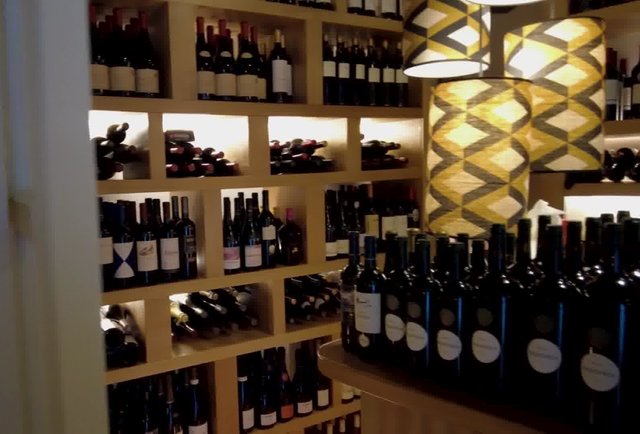
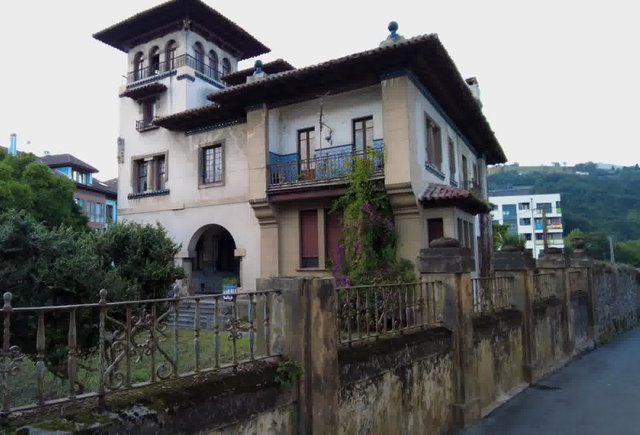
After learning more about the restaurant and the neighboring Indian mansion, it was time to start our meal. We had salad and ice cream, which turned out to be a surprisingly delicious combination. The soup was made with cauliflower, boletus mushrooms, and truffles. We were told to dip the bread in a milky mixture.
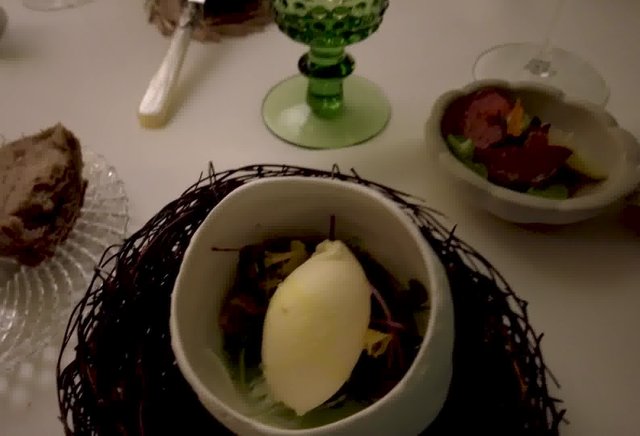
I continued eating, feeling sorry for our viewers on a diet because you might envy me right now. Cheers! I then tried a macaron filled with local sausage, a combination I never imagined. They also served us a sparkling cider that was like a mix of cider and champagne.
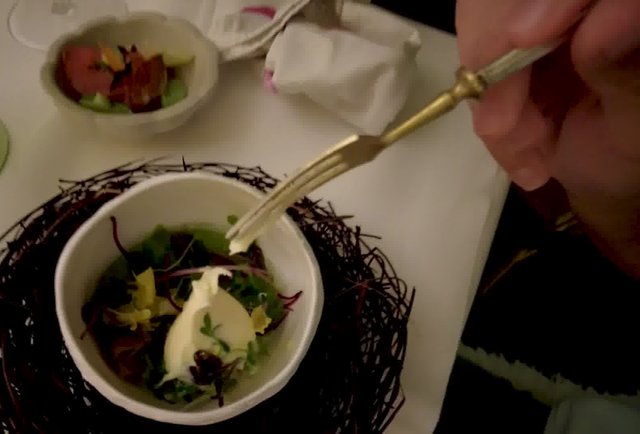
It was simply perfect. They told us that they change their menu every 15 days, and I have no idea how they come up with new dishes so often. It's incredible.
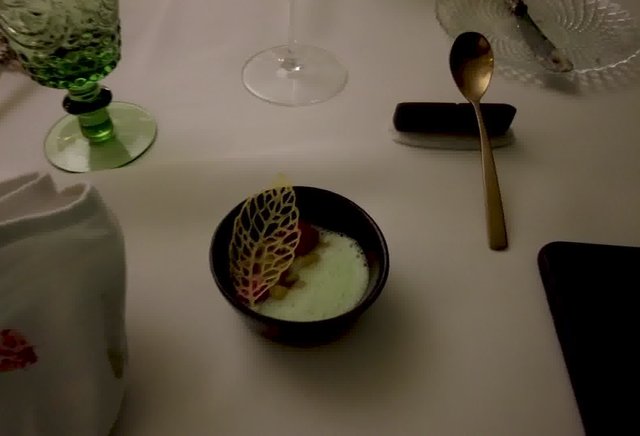
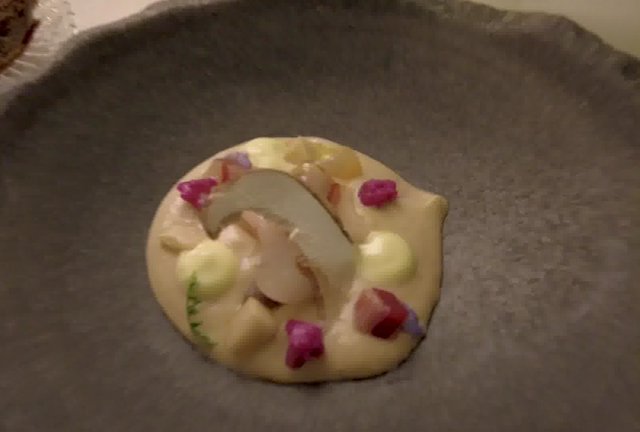
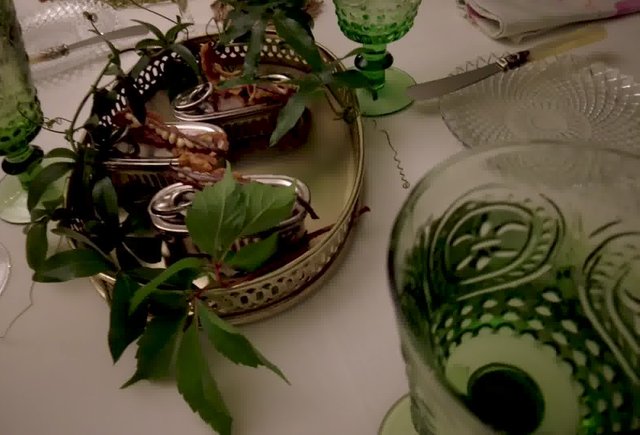
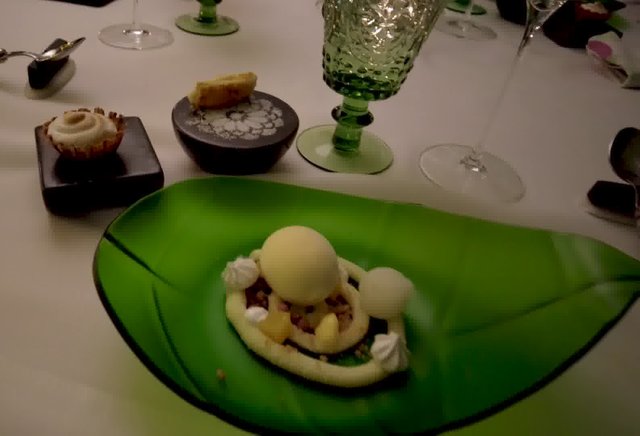
Inside the restaurant, there's also a small garden perfect for moonlit dinners in summer. At last, we finished our meal.
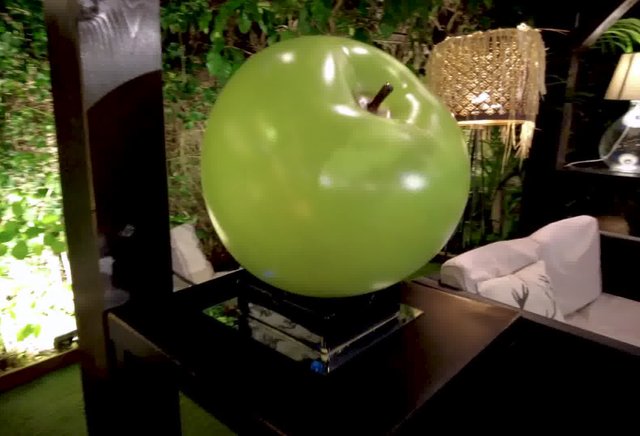
We ate continuously for two and a half hours, and it was my first time eating at a Michelin-starred restaurant. I was impressed; it might be the best restaurant I've ever eaten at. I hope you enjoyed this post as much as I enjoyed the meal.